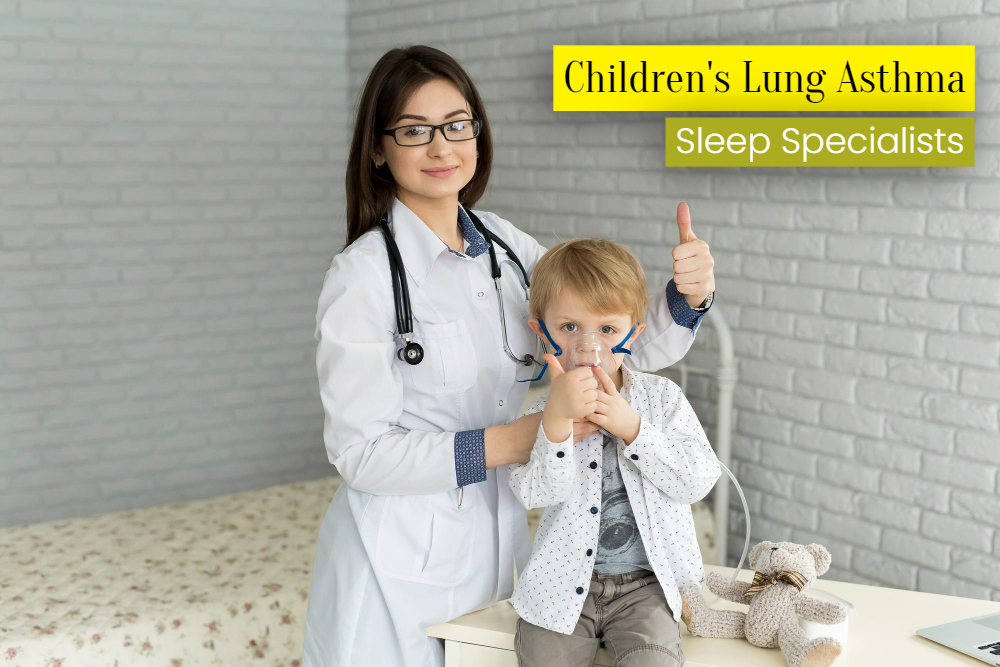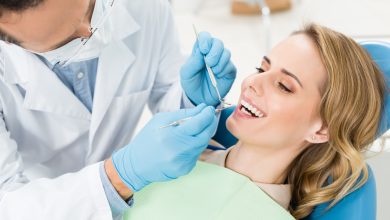
Asthma, a chronic respiratory disease, affects the airways in the lungs. Researchers reveal that around three-fifths of all asthma cases are hereditary. According to a CDC report, when a child has a parent with Asthma, the baby is three to 6 times more likely to suffer from the disease than others who do not have an asthmatic parent.
Asthma does not have any permanent cure. But as we know that Prevention is always better than cure, let’s discuss some preventive measures to avoid asthma attacks in your baby.
Risk factors & Precautions
Parents must safeguard their babies from the common asthma triggers such as
- Tobacco smoke
- Dust mites
- Outdoor air pollution
- Pests such as cockroaches and mice
- Pets
- Mould
- Pollen
- volatile organic compounds
- Cleaning and Disinfection
- Influenza (flu)
- Respiratory syncytial virus
- Colds
Kids with sinus infections, allergies, acid reflux, or those who breathe in small particles or chemicals are prone to suffer from Asthma.
The swelling in their airways makes the respiratory tract shrink leading to breathing, chest and cough, and stiffness.
Also, some bad weather events like high humidity and thunderstorms, excessive physical exercise, dry air, some medications, breathing in the cold, some types of foods, fragrances, and food additives may trigger an asthma attack in your baby.
If your baby is sensitive and emotional, it may give rise to hyperventilation or very fast breathing. Parents must spend quality time with kids and boost their mood to prevent inducing an asthma attack. Remember, excessive stress regarding their academic or other performance from such a tender age may turn out to be detrimental to their physical health.
Some non-allergic triggers like air pollution, stress, or stress can also be responsible for asthma symptoms. As a parent, you need to inculcate some good habits in your babies that include
- Wearing masks in dust
- Hand washing practice
- Using sanitisers
If you are a smoker, try not to smoke inside your house or in front of your baby. Reduce the use of perfume as much as possible.
Can you prevent Asthma and find a permanent remedy?

As per CDC, a proper treatment plan helps manage the symptoms. Asthma will outgrow the symptoms in some kids by the time they reach adulthood. For others, Asthma could be a lifelong problem.
But, parents can give their babies a healthy life despite having Asthma. They must avoid any substance or treatment – manmade or natural that claims to be a magical potion for Asthma. Yes, there are some natural therapies to help you tackle signs of Asthma, but choose them carefully after consulting a physician.
Many of you don’t know that the disease is highly treatable as long as a patient is ready to take professional support. Sometimes, your Asthma goes away temporarily after some treatment, only to come back a few years later.
If children’s lung asthma and sleep specialists advise you to use inhalers, continue to do that. Doctors may advise you for a Bronchial thermoplasty to help open your airways. The procedure involves gentle heat to shrink the smooth muscles in your baby’s lungs.
Have you ever noticed that the muscles get tightened, and your baby finds it hard to breathe during an asthma attack?
Your baby’s response to the immune system becomes blunted with age, making it difficult to fight the infections.
If you consult the best asthma specialist near me, they will advise you to abstain from smoke exposure and practice good hygiene. Vaccination is a part of practising a healthy lifestyle. Make sure your baby enjoys sound sleep, takes a well-nourished diet, and spends some time on routine exercise to curb Asthma.
Modern antibiotics and advanced treatment can treat asthma patients effectively. The complications may deteriorate if sepsis drives organ failure. Such a condition requires surgery and oxygen therapy to discard the pus.
Children’s Lung Asthma Specialists
The Children’s lung asthma and sleep specialists opine that the underlying cause depends on the onset, nature, characteristics, and frequencies of cough.
The article does not intend to increase the worry of parents but to make an informative piece to deal with Asthma effectively. Don’t worry, and all coughs do not transform into Asthma. They get cured within three weeks, even without any treatment.
Any difficulties in the nose, voice box, throat, airways, and lungs may cause your baby to cough. In many cases, an asthmatic child may suffer from coughing, wheezing, tight chest, and breathlessness.
Hereditary Asthma
According to the children’s lung asthma and sleep specialists, the inherited genetic makeup of your baby may predispose the tiny tot to Asthma. Let’s check what the medics say about the case.
Do you know that Congenital Asthma may run strongly in families? The possibility of Asthma is half due to environmental factors and half liable to genetic susceptibility.
Some babies may have a genetic tendency toward the disease without actually developing it ever.

When babies with weakened immune systems suffer from any symptoms of Asthma, you must google for the asthma specialist near me without delay. Remember, your baby’s triggers can be very distinct from other kids suffering from Asthma. Babies may have debilitating health conditions due to respiratory diseases.
Swollen and inflamed airways make it problematic for air to move in and out of the lungs. It may cause symptoms like coughing, wheezing, shortness of breath, and chest tightness in your baby.
Other Preventive Measures Parents can take.
If a baby has siblings, parents, or grandparents with Asthma, it will increase the chance of disease. Baby boys are twice as likely to get Asthma compared to girls of the same age. However, for girls, Asthma is more common after puberty.
Since Asthma can happen due to environmental factors as well, keeping distance from certain chemicals, like allergens or carcinogens, powders, pesticides, and sprayed substances, can make your baby’s Asthma worse.
Stay away from scented candles and incense sticks. Increase ventilation and use a dehumidifier to keep indoor air pure.



